
Does the Stimulus package help in Tax Refunds for the NRIs in the US?
Does the Stimulus package help in Tax Refunds for the NRIs in the US?
The Federal Government had been sending Stimulus checks to millions of Americans including the NRIs to alleviate the financial and economic stress created by the pandemic COVID-19. These stimulus checks have been of great help to those NRIs who have been struggling to meet their basic expenses due to either loss of work or business shut down because of COVID-19.
If you are an NRI and have also received the Stimulus check, an obvious thought in your mind must be about the co-relationship between the Stimulus package and your tax refunds. There is a relationship between the Stimulus check you have received and your income tax; however, by the receipt of Stimulus check your tax refund would neither be decreased nor would your tax liability be increased.
How are Stimulus checks and Income taxes related?
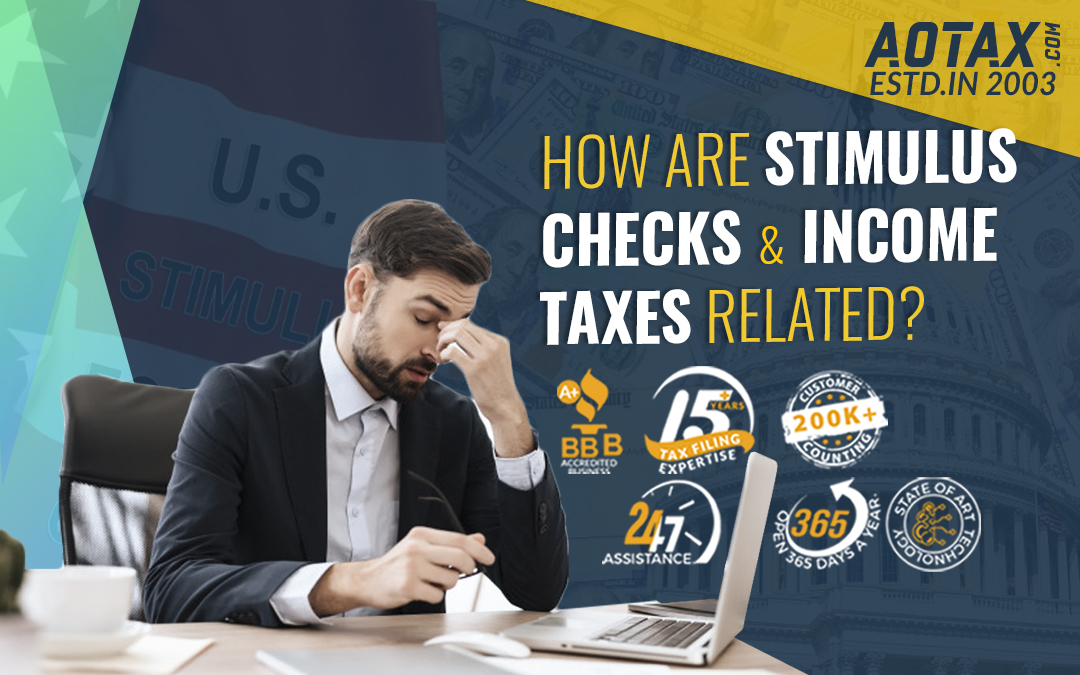
The IRS is in charge of sending out the Stimulus checks to the NRIs and even it is the IRS that is responsible for all decisions associated with tax refunds and collection of payments for NRIs.This reason might cause apprehensions in your mind especially when you are an NRI and owe to pay taxes to the IRS.
However, you do not need to worry about your taxes about the receipt of the Stimulus checks. The Stimulus money is not considered as taxable income.
The Stimulus check you receive is not going to increase the amount of tax you owe to pay to the IRS while filing your tax returns for 2020. It is also not going to decrease your tax refunds to be obtained for the year 2020. The involvement of IRS and your tax filings are only involved here because of the reference they provide to your income which is a major factor in the determination of your Stimulus amount.
Your amount of Stimulus check would be calculated based on your federal tax return for the year 2018 or the year 2019. If your 2019 tax returns have been filed, then that would form the basis for the calculation of your stimulus payment otherwise the IRS would be using your tax return information of the year 2018. If you do not receive your Stimulus payment this year, you would be able to claim it next year while filing 2020 tax returns.
There might be a scenario in which your income has changed tremendously over the recent period. In such a case, the working procedure can be summarized as mentioned below.
- In case of your income being lower than that of your income in 2018 or 2019, the IRS would calculate your Stimulus payment based on your income of the year 2020. In this case, your Stimulus payment would be received after your income tax returns for the year 2020 are filed.
- If your income is on the higher side in 2020, then the IRS would not force you to pay back your Stimulus money and you would not even lose any money from your 2018 or 2019 refund.
In case of tax non-filers
If you have not filed your tax returns recently then
- If you are the recipient of Social Security benefits or are a military/railroad retiree then you can obtain Stimulus payment without the need to file your income tax returns.
- If you have not filed tax returns for 2018 or 2019 and have not received any federal benefits, you can obtain your Stimulus checks by filing the tax returns for 2019 or by using the IRS tool for non-filers.
Stimulus Payment- An advance on the tax refund or a Government benefit
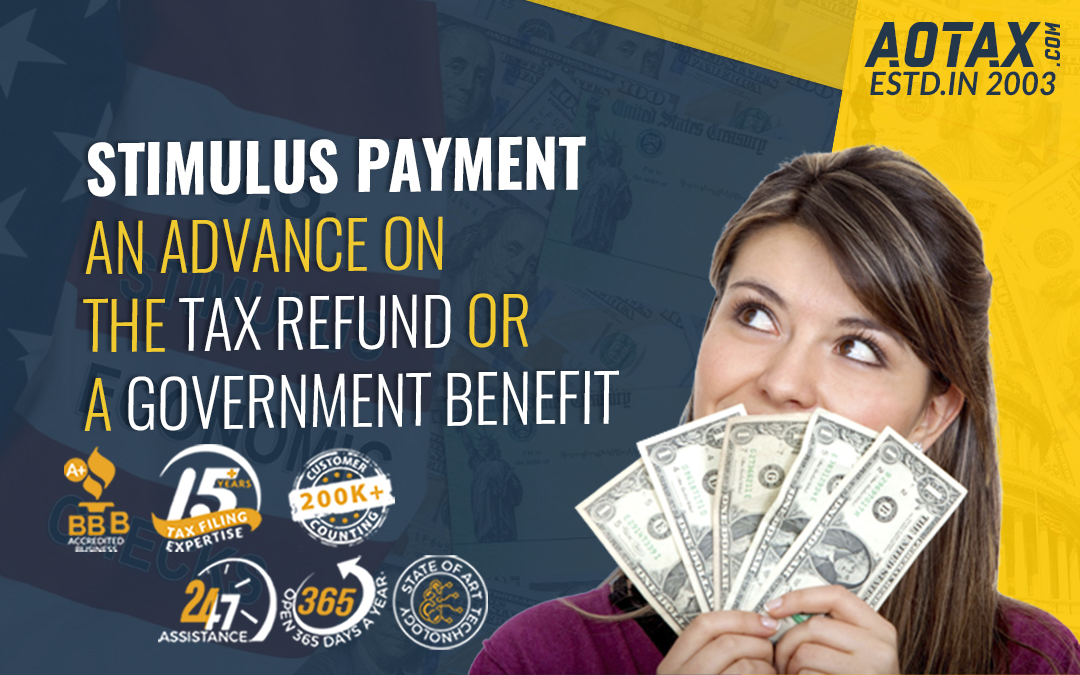
a. Stimulus payment is not an advance income tax refund and it is not going to affect your tax refunds based on your 2019 or 2020 tax returns. Moreover, you will not have to pay back the Stimulus money.
b.Stimulus payment can be said to be a federal tax credit for 2020 or an advance of a refundable credit on your 2020 tax returns and can also be referred to as Stimulus rebate.
In case of this rebate, you would receive the payments immediately rather than waiting till next year unlike the Federal child tax credit or Earned Income Tax credit.
c. Your eligibility to receive Social security benefits or Unemployment benefits would not affect your Stimulus payment receipt.
Can Stimulus payment be seized?
- Suppose you owe money to the Federal Government in the form of back taxes or student debt loans, your Stimulus payment would be safe by the process known as Federal offset.
- But, the Federal Government can be able to take a portion of your entire Stimulus payment if you are overdue on Child support payments.
- Some cases in which your Stimulus check can be seized are court orders to make certain payments through debt collectors or if you owe money to bank/credit unions in cases like an overdue auto loan, an overdrawn account, or a delinquent personal loan.
Conclusion
Hence, in these difficult times caused by the novel coronavirus, the Stimulus payments can be considered as a support system for those NRIs who are facing a financial crisis. You must remain informed about the various aspects related to the Stimulus payment and try to resolve your queries with the IRS in case of delay or troubles in obtaining your Stimulus check.






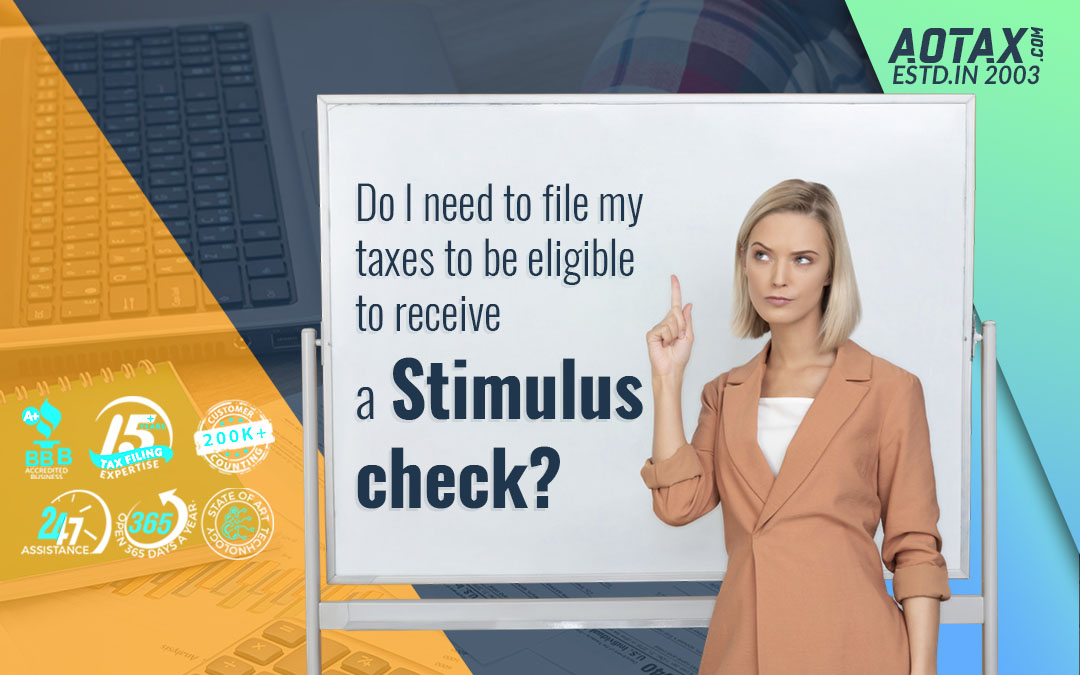

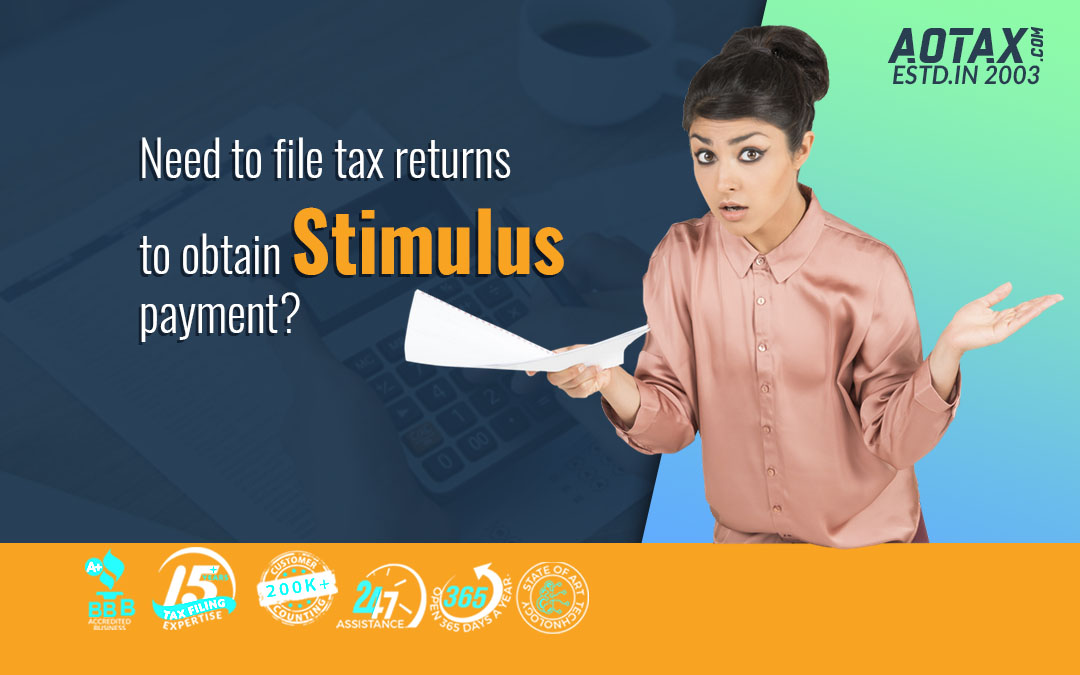


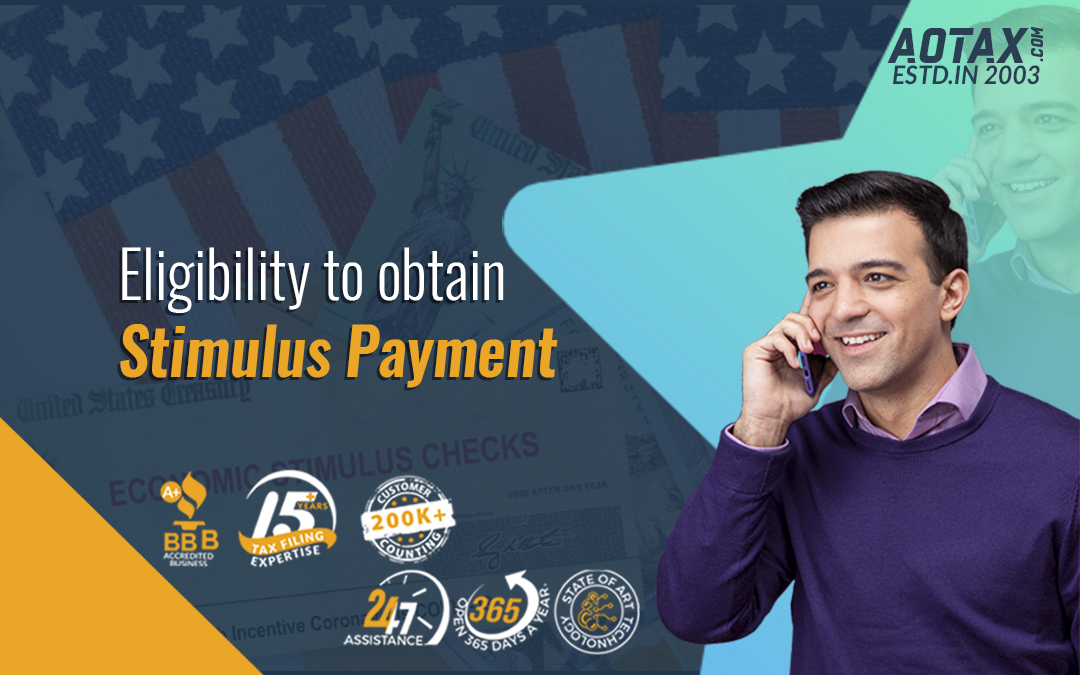

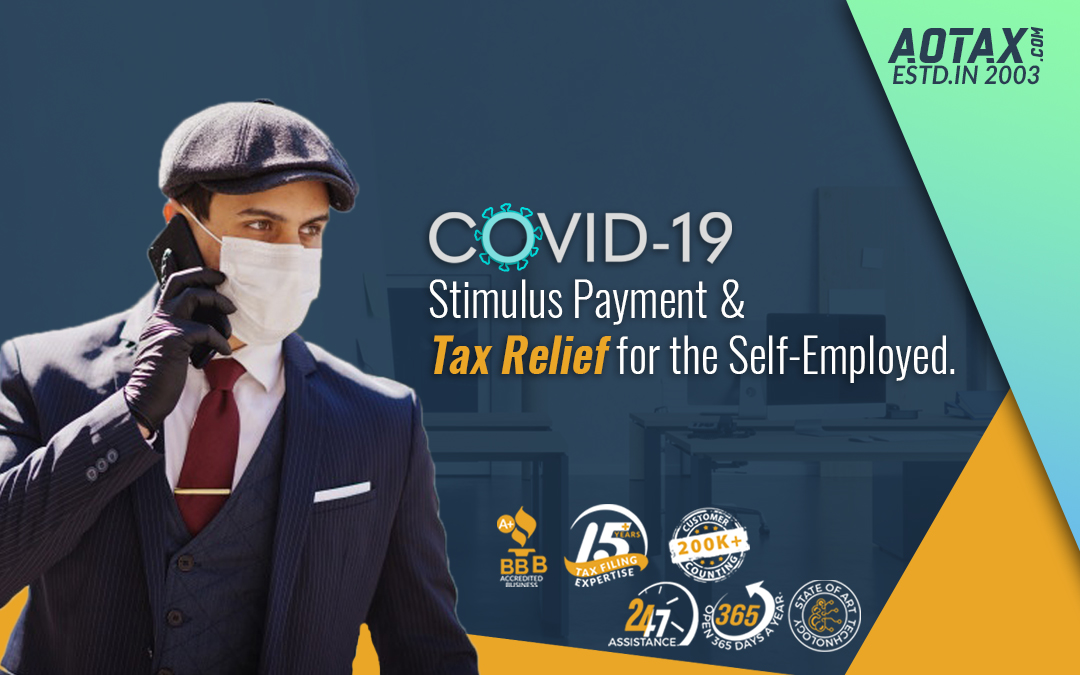
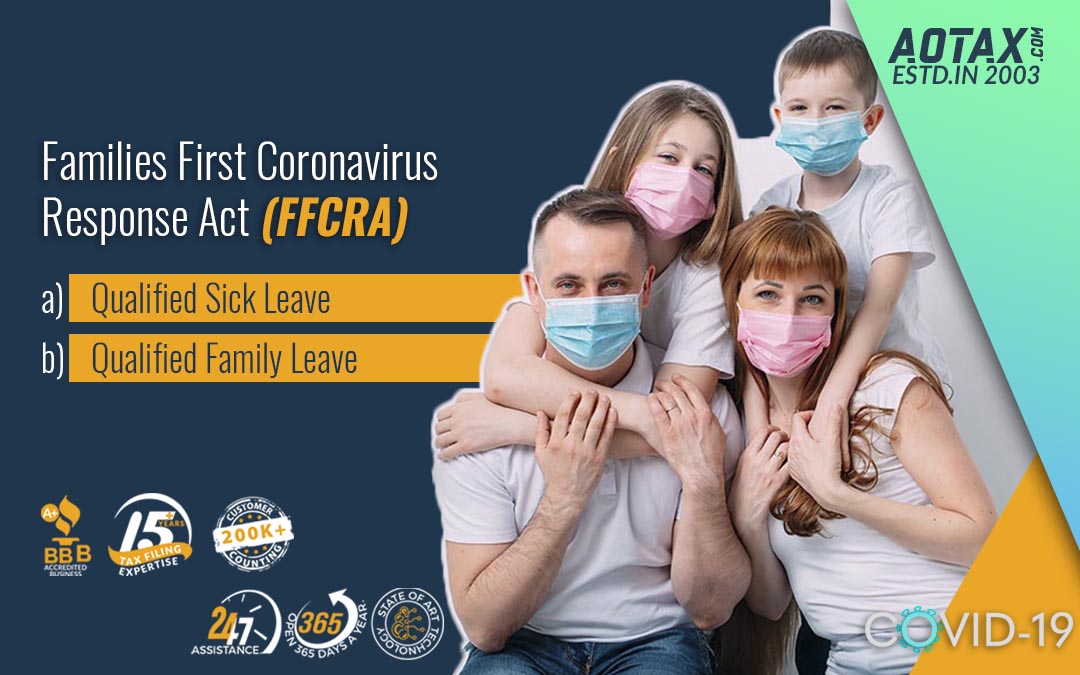
Recent Comments